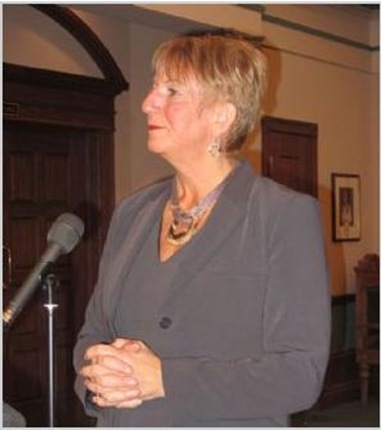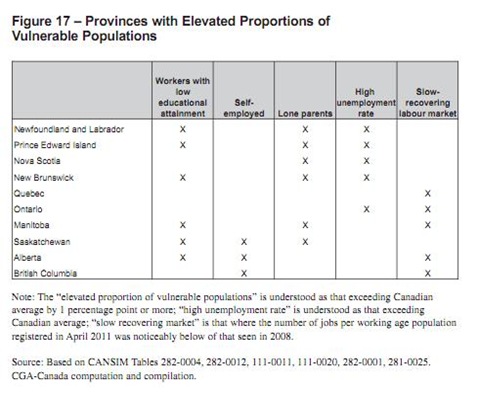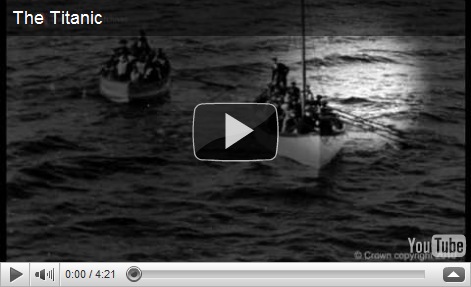“…rationality has little to do with political myth making…”
Tim Powers, Conservative backroom guy and Ottawa lobbyist, wrote that in a recent post over at the blog space he has alongside Rob Silver at the Globe and Mail.
He was venting some frustration over some political smoke being blown at his friend the Prime Minister over a handful of jobs at a call centre that the federal government wants to shift from St. John’s to Halifax.
Political opponents of the federal Tories have tried to make the debate about the Prime Minister and their manufactured view that he has some sort of disdain for the province.
Political myths have absolutely nothing to do with rationality, facts or any other sign of higher mental function that is supposed to distinguish humans from pond slime.
We are not talking of the rather harmless fairy tales like chopping down cherry trees. We are talking about beliefs about people or events that are simply not true.
Tim is right: there are a bunch of people who would have you believe that these 12 jobs are yet another sign that Stephen Harper and his band of knuckle draggers just don’t understand [insert the topic here]. They will screw Newfoundland (and Labrador) sometimes out of malice, sometimes out of stupidity. But those nasty Conservatives will screw “us”
There is no evidence for any of it, of course. But that doesn’t matter. political myths, as Tim noted, have nothing to do with rationality. Still, that hasn’t stopped a few thousand people from believing it as surely as they believe in sunshine.
A lot of people in Newfoundland (and Labrador) believe Stephen Harper is some sort of demon merely because Danny Williams told them so a couple of years ago. That idea was at the heart of his now legendary “Anything but Conservative” campaign during the 2008 federal election.
To savour the truly dry cosmic humour in that,one has to know a bit of back-story. Danny Williams’ is a political legend. That is, so much of what people think about him and what they believe he accomplished as a ,politician is simply a matter of myth. As your humble e-scribbler noted when the old guy skedaddled out of politics last December, the tributes to him praised him for :
- things he never did;
- things other people did but credited to Danny
- things that never happened, and,
- stuff he did but that still had to roll along enough so people could see if they were good, bad or indifferent.
And that was all they included.
Take the Muskrat Falls deal that Tim mentions in that same column. Danny grabbed a bunch of people together and had them scribble names on an agreement to keep talking about maybe coming up with a deal. He didn’t actually sign the final deal that will actually see a couple of dam and a bunch of hydro lines built in Labrador. But that hasn’t stopped reporters from praising it then and now even though it really doesn’t exist at the moment beyond a lot of talking.
Tim helped to bolster the Danny myth - or a fairy tale Danny was spreading - on more than one occasion. And that, as they say, is really what really makes Tim’s post a delicious display of Karma in action. This lack of rationality…
unfortunately does a great disservice to the serious discussion that should be taking place about marine rescue co-ordination on the East Coast.
Indeed it does, Tim. And on everything from the provincial government’s sorry fiscal state to the Muskrat falls debt project, the people of Newfoundland and Labrador have been done serious harm by the myths foisted on them by Powers and his political friends in the province.
The danger for the Conservatives is that the myth is becoming the symbol, which could present major challenges for the federal government with the province in future.
Absolutely true, again, Tim Powers, but the verb tense is wrong. Danny the Myth cemented the symbol years ago. What we are seeing today is just a sort of cosmic payback being visited on the Conservatives who after 2001 in this province never met a myth they wouldn’t monger.
Karma is a bitch.
Looks good on ‘em.
- srbp -




